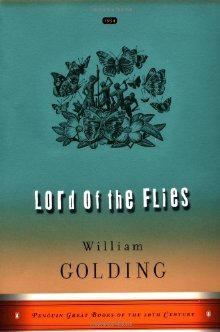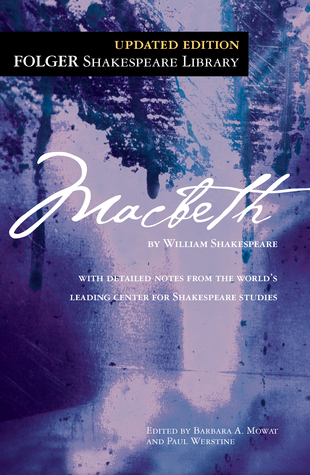
At the dawn of the next world war, a plane crashes on an uncharted island, stranding a group of schoolboys. At first, with no adult supervision, their freedom is something to celebrate; this far from civilization the boys can do anything they want. Anything. They attempt to forge their own society, failing, however, in the face of terror, sin and evil. And as order collapses, as strange howls echo in the night, as terror begins its reign, the hope of adventure seems as far from reality as the hope of being rescued. Labeled a parable, an allegory, a myth, a morality tale, a parody, a political treatise, even a vision of the apocalypse, Lord of the Flies is perhaps our most memorable tale about “the end of innocence, the darkness of man’s heart.”
Sir William Gerald Golding was a British novelist, poet, and playwright best known for his 1954 novel Lord of the Flies.
Golding spent two years in Oxford focusing on sciences; however, he changed his educational emphasis to English literature, especially Anglo-Saxon.
During World War II, he was part of the Royal Navy which he left five years later. His bellic experience strongly influenced his future novels.
Later, he became a teacher and focused on writing.
Some of his influences are classical Greek literature, such as Euripides, and The Battle of Maldon, an Anglo-Saxon oeuvre whose author is unknown.
The attention given to Lord of the Flies, Golding's first novel, by college students in the 1950s and 1960s drove literary critics' attention to it.
He was awarded the Booker Prize for literature in 1980 for his novel Rites of Passage, the first book of the trilogy To the Ends of the Earth. He was awarded the Nobel Prize for Literature in 1983 and was knighted in 1988.
In 2008, The Times ranked Golding third on their list of "The 50 greatest British writers since 1945".
Age 13 - 17 years old

